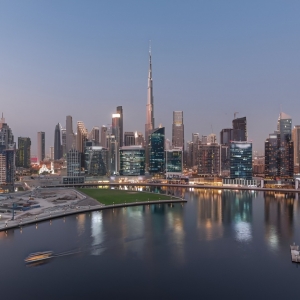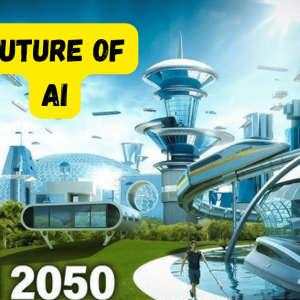Urban Settlements in Flux: Understanding Density, Inequality, and the Future of Cities
Urbanization: The Engine of Modern Human Settlement
Urbanization is the process through which rural populations move to cities in search of economic, educational, and social opportunities. It reshapes landscapes, drives development, and strengthens national economies. However, rapid and unplanned growth can cause overcrowding, pollution, informal housing, and pressure on resources.
High-Density Housing: Maximizing Space in Growing Cities
High-density housing refers to residential units that accommodate many people within a small area, such as apartments, high-rise complexes, and mixed-use buildings. It promotes sustainable land usage, reduces travel time, and supports public transport systems. However, it requires efficient planning to avoid congestion and overstressed services.
Low-Density Housing: Space, Comfort, and Urban Sprawl
Low-density housing includes spacious residential areas such as suburbs, farmhouses, and villas. While offering privacy, greenery, and cleaner environments, it also demands more land, increases vehicle dependency, and expands city boundaries, creating long-term environmental challenges.
The World’s Biggest Slums: Mega-Settlements of Inequality
Some of the largest informal settlements globally include Dharavi in India, Orangi Town in Pakistan, Kibera in Kenya, and Neza-Chalco-Itza in Mexico. Despite harsh conditions like overcrowding, limited sanitation, and insecure housing, these communities remain hubs of resilience, entrepreneurship, and cultural identity.
Slum Redevelopment Projects: Hope, Controversy, and Change
Redevelopment initiatives aim to improve living conditions through better housing, sanitation, security, and social services. Successful models focus on community-led in-situ development, affordability, and livelihood protection. Failure to consider local needs often leads to displacement and social disruption.
Dharavi: A Dense Settlement with Dynamic Enterprise
Dharavi in Mumbai is one of the most economically Compact settlement active informal settlements in the world, housing thousands of micro-industries related to recycling, pottery, textiles, leather, and food production. Redevelopment proposals continue to raise debates regarding rehabilitation, economic preservation, and community identity.
Orangi Town: Pakistan’s Grassroots Urban Innovation
Orangi Town in Karachi stands out due to its community-driven Orangi Pilot Project, where residents built low-cost sanitation systems when authorities failed to provide services. It is now a global example of self-reliance, planning, and social mobilization in informal settlements.
River Gypsies: Life on the Water Margins
River gypsies, particularly the Manta communities of Bangladesh and similar nomadic groups in South Asia, live on boats and move according to seasons and rivers. Their unique culture faces threats from climate change, limited access to services, and the decline of traditional water-based lifestyles.
Pakistan Property Fraud: Urban Aspirations and Criminal Exploitation
Rapid urban growth in Pakistan has led to widespread real estate scams involving illegal societies, forged documents, unauthorized land use, and fraudulent agents. A transparent digital land management system, strict regulations, and public awareness are essential to protect homebuyers.
Compact Settlement: Efficient, Sustainable Urban Form
Compact settlements promote walkable communities, mixed-use development, and reduced land consumption. They are seen as a sustainable alternative to urban sprawl, supporting eco-friendly transportation, social interaction, and efficient service delivery.
Conclusion
The future of cities depends on balanced development that values people, environment, and smart planning. Urbanization can drive prosperity only if supported by ethical planning, inclusive housing, environmental management, and community participation. From dense slums to modern complexes and from floating villages to suburban expansions, the world must aim for cities where everyone has equal rights, dignity, and opportunities.










